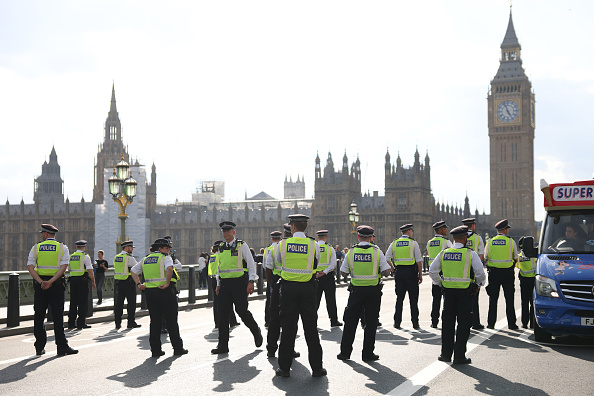As long as the Met is unable to police itself, it shouldn’t be fit to police Londoners either

When a review was commissioned last spring into the culture and standards within the Met Police, it was unsurprising that the Mayor turned to Baroness Louise Casey. After all, Baroness Casey has a fearsome reputation for uncovering the truth, no matter how uncomfortable.
And the review was desperately needed. London’s police force, rocked by scandal after scandal, could barely manage a week without another appalling story. There were police failings that could have stopped Stephen Port murdering further victims; serving officers who took photographs of the bodies of two murder victims; another serving officer with a string of previous complaints against him murdering Sarah Everard; and to cap it all WhatsApp groups littered with offensive language more reminiscent of the 1970s.
To many people’s despair, Dame Cressida appeared unwilling or unable to acknowledge the challenge. Shockingly, cases were dismissed as “a few bad apples”. Puzzled Londoners’ confidence in the police drained away. While there was some political noise about the process by which the previous Commissioner left the role, there were few murmurings of regret at her actual departure.
Now Baroness Casey’s interim report has landed, and as expected given her reputation, it exposes an institution tainted by appalling misogynistic, homophobic, racist and abusive behaviours – but also one incapable of ridding itself of the perpetrators.
Officers were found to be reluctant to report inappropriate conduct by their colleagues, lacking confidence complaints would be adequately addressed. Unacceptable behaviour was looked at individually, missing patterns and ignoring repeated offences.
The whole disciplinary process is criticised for taking too long. And the report claims clear evidence of systemic bias against black officers, who are more likely than white officers to be on the end of complaints and more likely to see the complaints substantiated.
Shockingly, the report reveals that 50 per cent of officers found guilty of sexual misconduct between 2016 and 2020 kept their jobs. In any workplace, this would be disgraceful. But the Met is not just any workplace. As the organisation charged with law enforcement and keeping the city safe, it must be held to a higher standard.
With our model of policing relying heavily on public consent, confidence is everything. Law enforcers themselves guilty of abuse, violence and prejudiced behaviours strains the bond between police and public. Understandably people will question whether the police are on their side. You can sympathise with the public – particularly women and girls, or people from London’s black or LGBTQ+ communities – feeling less inclined to report crimes, knowing the police don’t even take seriously reports of offences from within their own ranks.
Hardly surprising then, that confidence in the Met Police has plummeted, and more so in certain communities and areas of London. For the new Commissioner, Sir Mark Rowley, the task ahead is huge. So far, his statements suggest he “gets it”.
With the problem laid bare, the challenge is what to do about it. In seven years, the Met celebrates its 200th birthday. To reach that milestone in its current form, the Met will need the Commissioner, Mayor and Home Secretary to work closely together as one.
But doing nothing is not an option. Only by giving the Met the resources, powers and leadership needed to ruthlessly root out those unsuitable to policing will public trust be restored.
